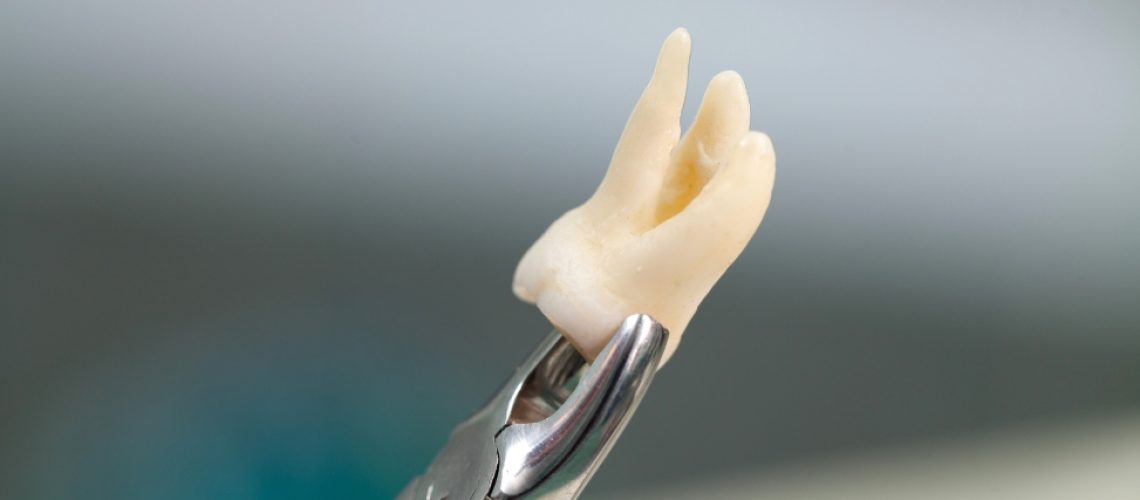Have you been feeling sudden pangs or dull aches in your mouth every now and then? There is a chance that your wisdom teeth might be making their appearance, and you might need a wisdom teeth surgery to get them removed. However, you might struggle to understand whether you actually need to undergo this procedure or not.
Read this blog to learn about the signs that indicate that you might need this dental procedure.
Why Do Wisdom Teeth Cause Trouble?
Wisdom teeth are the third set of molars that generally appear in your late teens or early twenties. These teeth are often accompanied by a range of issues, including crowding, soreness, and infections.
This happens because our small jaw does not have enough space for them to emerge comfortably. Without space, they become trapped under your gums or against other teeth, leading to pain or worse.
Signs You Might Need Wisdom Teeth Surgery
Not all wisdom teeth need to be taken out. Here are some signs that you might need to see a dentist in Colleyville for surgery:
- If you continue to experience throbbing pain at the back of your mouth, your wisdom teeth may be pressing on your nerves or other teeth.
- Swollen gums near your wisdom teeth may indicate infection or irritation.
- Any pain or difficulty chewing or even speaking may indicate that your wisdom teeth are more than just a minor nuisance.
- Bad breath or unpleasant taste may indicate an infection or signal that food is trapped against your partially erupted wisdom teeth.
- Is your formerly straight smile beginning to look a bit crooked? Your wisdom teeth may be causing this.
What Occurs During Wisdom Teeth Surgery?
Here are the steps that you might have to undergo during this dental surgery:
- The dentist will use X-rays to determine the position of your teeth and discuss the most favorable course of action.
- They will discuss pain management options like local anesthesia, sedation, or general anesthesia to keep you comfortable.
- A dental professional will make a small incision, remove the tooth, and close the area with stitches if necessary.
- You can go back to your normal routine within a week. There might be some swelling and mild discomfort that can be managed with prescribed medications.
Tips for a Smooth Recovery
Here’s how to make your recovery as easy as possible after the surgery:
- Consume soft foods such as yogurt, mashed potatoes, and smoothies.
- Skip the straws as suction can interfere with your healing.
- Clean the area gently. Brush around the extraction site when you are flossing or brushing your teeth.
- Apply ice packs to reduce swelling and follow the dentist’s instructions regarding medications.
Your mouth and oral health are unique. Only a dentist will be able to tell you definitively if your wisdom teeth need surgical procedures or not. They’ll consider your symptoms, X-rays, and general oral health before advising you. They will focus on giving you a pain-free, perfect smile that will last through the years to come.
Are you ready to get rid of the continuous pain affecting your life? Schedule a consultation today to get your mouth checked.

